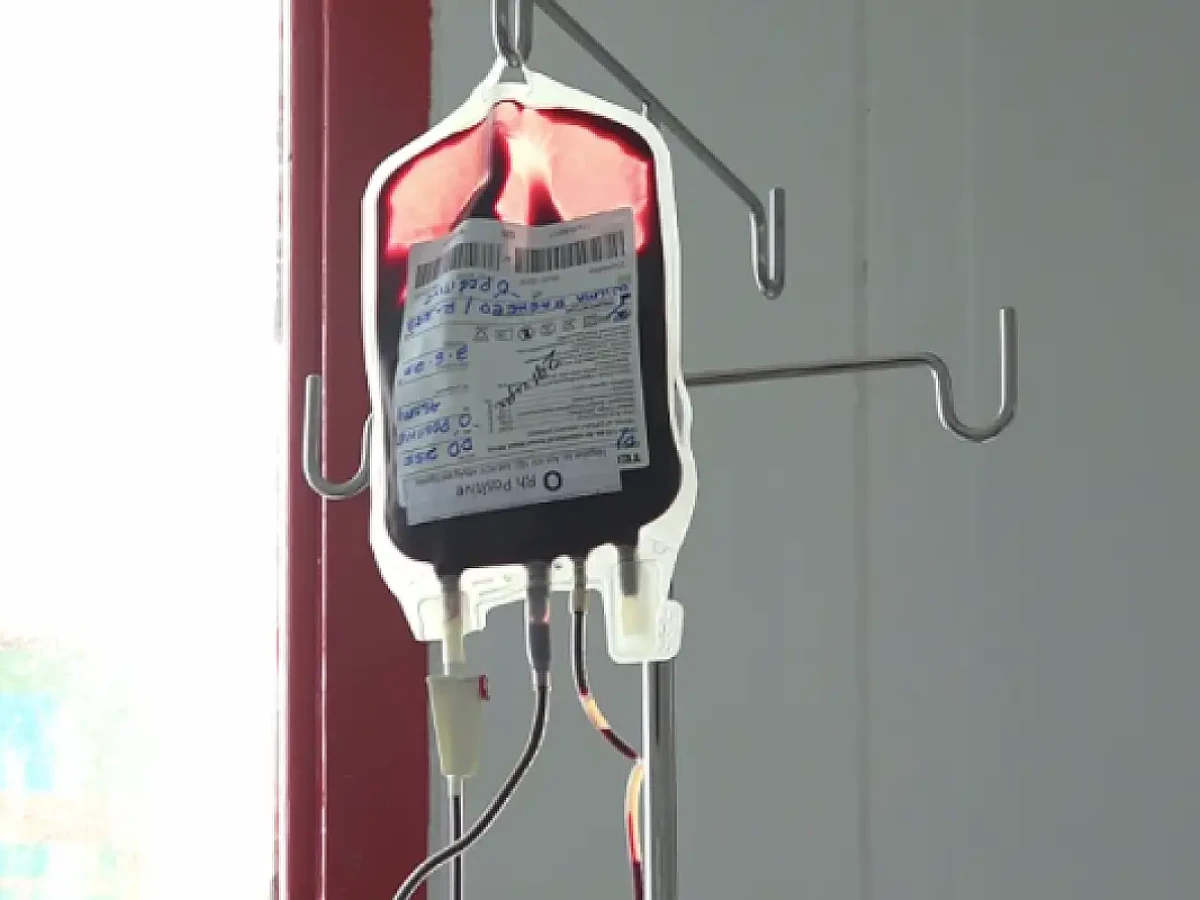
40 children await bone marrow transplant; MVR 56m needed
The Cabinet also decided to expand Thalassemia testing facilities in rural areas and set up blood banks in tertiary hospitals.
Top Stories
By
Fathmath Ahmed Shareef
There are 40 children on the list of children who will undergo bone marrow transplant at state expense to treat Thalassemia at an estimated cost of MVR 56 million, the President's Office said on Sunday.
The Cabinet also decided to make bone marrow a free treatment under Aasandha, Under Secretary for Public Policy Mohammed Firzul Abdullah Haleel told a press conference at the President's Office this evening.
He said five children will be sent abroad for bone marrow transplants this year at state expense. The first child is expected to be sent within the next week, he said.
When asked about the number of children on the list for bone marrow transplantation at state expense and the estimated cost, Firzul said there were 40 children on the list. After passing the medical test, he expects 35 of them to be sent for bone marrow transplantation.
"The transplant of the next 40 children on the list for bone marrow transplantation is estimated to cost between MVR 28 million and MVR 56 million. So on average, we are looking at a maximum of MVR 56 million," Firzul said.
Estimates range from MVR 28 million to MVR 56 million, he said, because the duration and scope of treatment will vary from child to child.
The Cabinet also decided to make all Thalassemia treatment available via Aasandha.
Firzul said the treatment for Thalassemia is currently arranged through the Maldives Blood Service.
"It causes various difficulties such as getting medicines for the prescriptions. As a solution, Sunday's cabinet discussed and decided to shift health services such as medical treatment for Thalassemia patients through STO to get coverage through Aasandha," Firzul said.
He said the system will make it easier to get items from pharmacies.
The Cabinet also decided to expand Thalassemia testing facilities in rural areas and set up blood banks in tertiary hospitals.
Firzul said the number of Thalassemia children is increasing every year. Therefore, it was decided to raise awareness about Thalassemia testing and expand the programs of Thalassemia testing before the end of grade 10 as already conducted in schools, he said.




